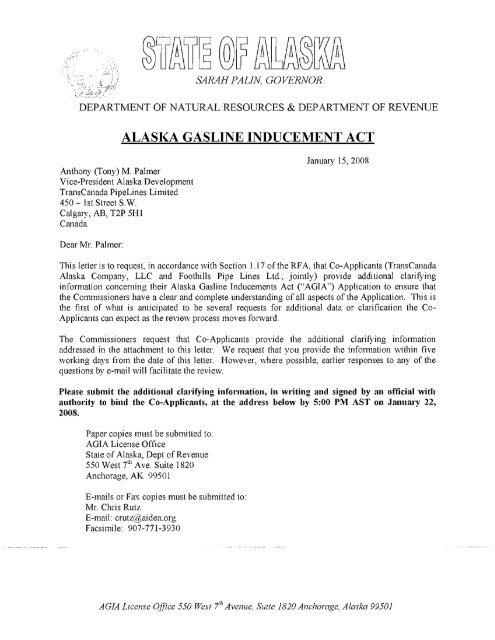Nigeria’s Religious Persecution and Human Rights Crisis: The Case for CPC Designation
Rising Religious and Ethnic Conflicts in Nigeria: A Complex Challenge
Nigeria, Africa’s most populous nation, is currently facing intensifying religious and ethnic strife that threatens its social fabric. Rooted in a history marked by colonial divisions and longstanding intergroup rivalries, these tensions have been exacerbated by economic inequalities and political manipulation. Various factions compete fiercely over limited resources-particularly in the northern regions-fueling clashes that often spiral into violence.
Political actors frequently exploit these divisions to consolidate power, deepening mistrust among communities. Meanwhile, government efforts to quell unrest have often fallen short or been perceived as biased, leaving many groups feeling marginalized. This environment has enabled the emergence of militant organizations claiming to defend disenfranchised populations, further destabilizing the country.
The humanitarian fallout is severe: millions are displaced annually due to ongoing conflicts. The table below highlights the alarming increase in internal displacements over recent years:
| Year | Number of Displaced Persons (Thousands) |
|---|---|
| 2018 | 320 |
| 2019 | 480 |
| 2020 | 650 |
| 2021 | 850 |
| 2022 | 1,100+ |
The Humanitarian Toll: Persecution and Mass Displacement Across Nigeria’s Regions
The persistent violence across Nigeria has precipitated one of Africa’s most critical humanitarian emergencies. Particularly affected are northern states where extremist groups such as Boko Haram continue their insurgency campaigns targeting civilians based on religious identity.
This crisis has uprooted over three million internally displaced persons (IDPs), many living in overcrowded camps with limited access to basic necessities like clean water-which reaches only about half of those affected-and healthcare services severely strained or unavailable altogether.
| Crisis Indicator | LATEST DATA (2024) |
|---|---|
| IDPs (Internally Displaced Persons) td > | 3+ million td > < / tr > |
| Access to potable water (%)< / td > | Approximately 50%< / td > < / tr > |
| Schools closed due to insecurity< / td > | Over 1,200 institutions< / td > < / tr > |
| Annual humanitarian funding needed ($)< / td > | $1.3 billion USD +< / td > < / tr >
|
| Crisis Indicator th> | LATEST DATA (2024) th>
tr> thead> |
|---|---|
| IDPs (Internally Displaced Persons) td> | >3+ million td>
tr> |
| % Access to potable water td> | >50% in conflict zones td>
tr> |
| No. of schools shut down due to insecurity td> | >1200+ schools affected t d>
t r> No. annual humanitarian funding required ($) t d> $1.3 billion+ t d> t r> tb od y> ta bl e> This dire situation underscores an urgent need for enhanced international support aimed at protecting vulnerable populations from ongoing abuses while facilitating access to essential services such as education and healthcare. p > A formal recognition through a Country of Particular Concern designation would spotlight these systemic violations against ethnic minorities and religious communities alike – catalyzing global efforts toward accountability and relief provision. p > The following link provides additional context on regional instability impacting displacement trends:Africa File Report August 29, 2024 – Institute for the Study of War Analysis. p > A Call for Action: U.S. Policy Momentum Toward CPC Status for Nigeria
The escalating human rights abuses within Nigeria have prompted advocacy groups within U.S. policy circles urging formal designation as a Country of Particular Concern under international religious freedom statutes. p > This classification would officially acknowledge egregious infringements on fundamental freedoms while enabling targeted diplomatic pressure alongside increased aid flows designed specifically for victims impacted by sectarian violence.
</ul> <p>Supporters emphasize that CPC status could unlock several strategic benefits:</ p> |

